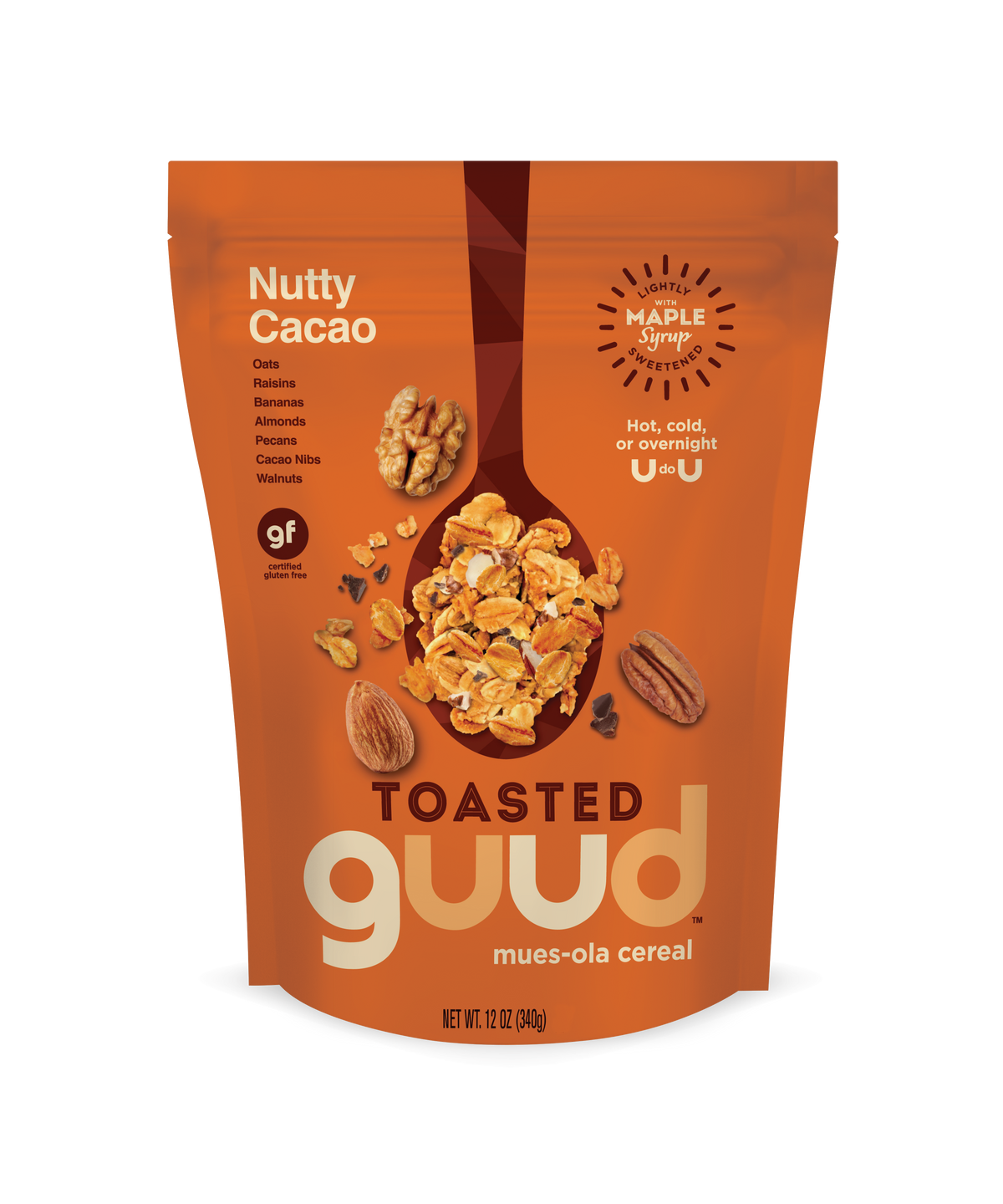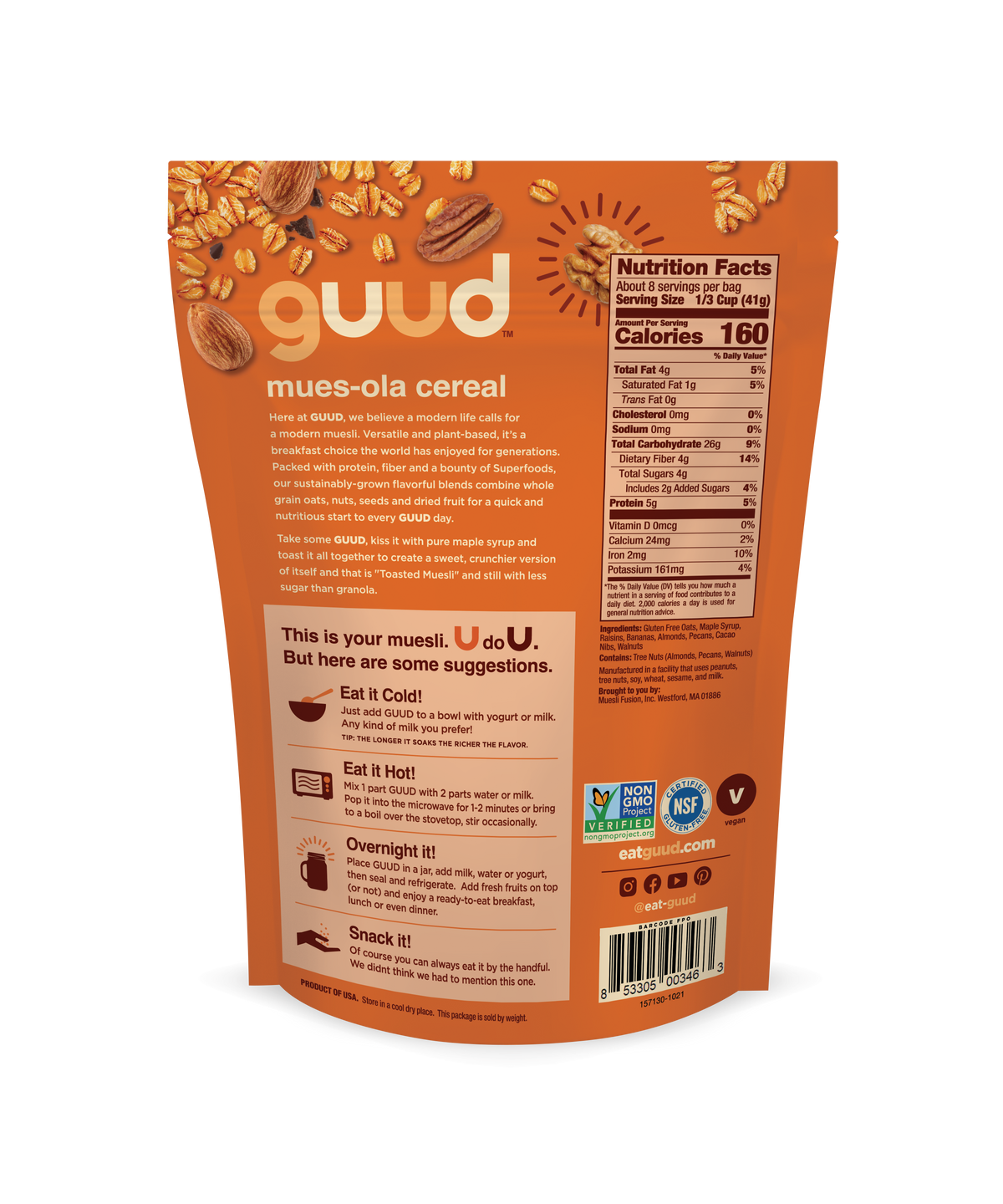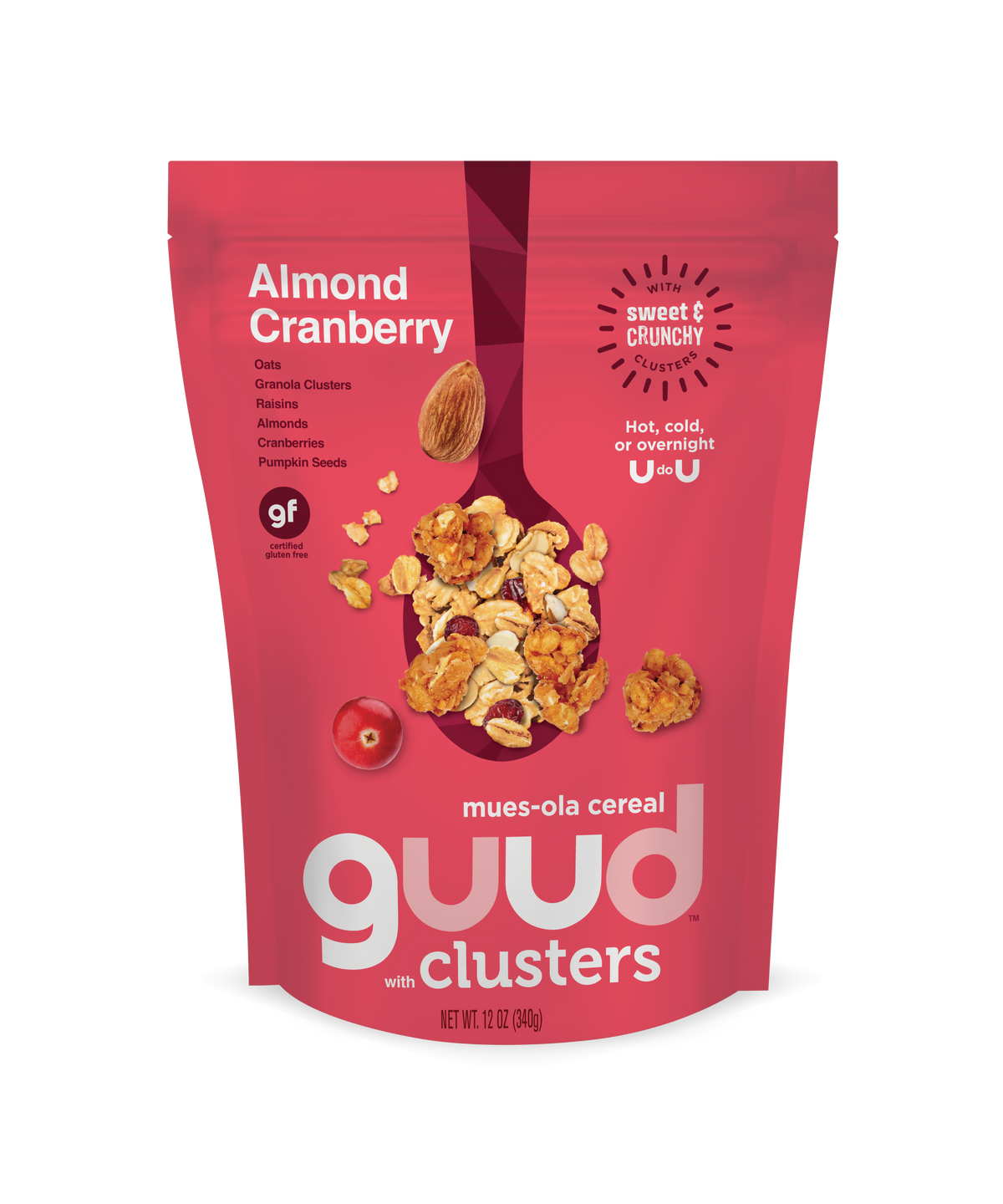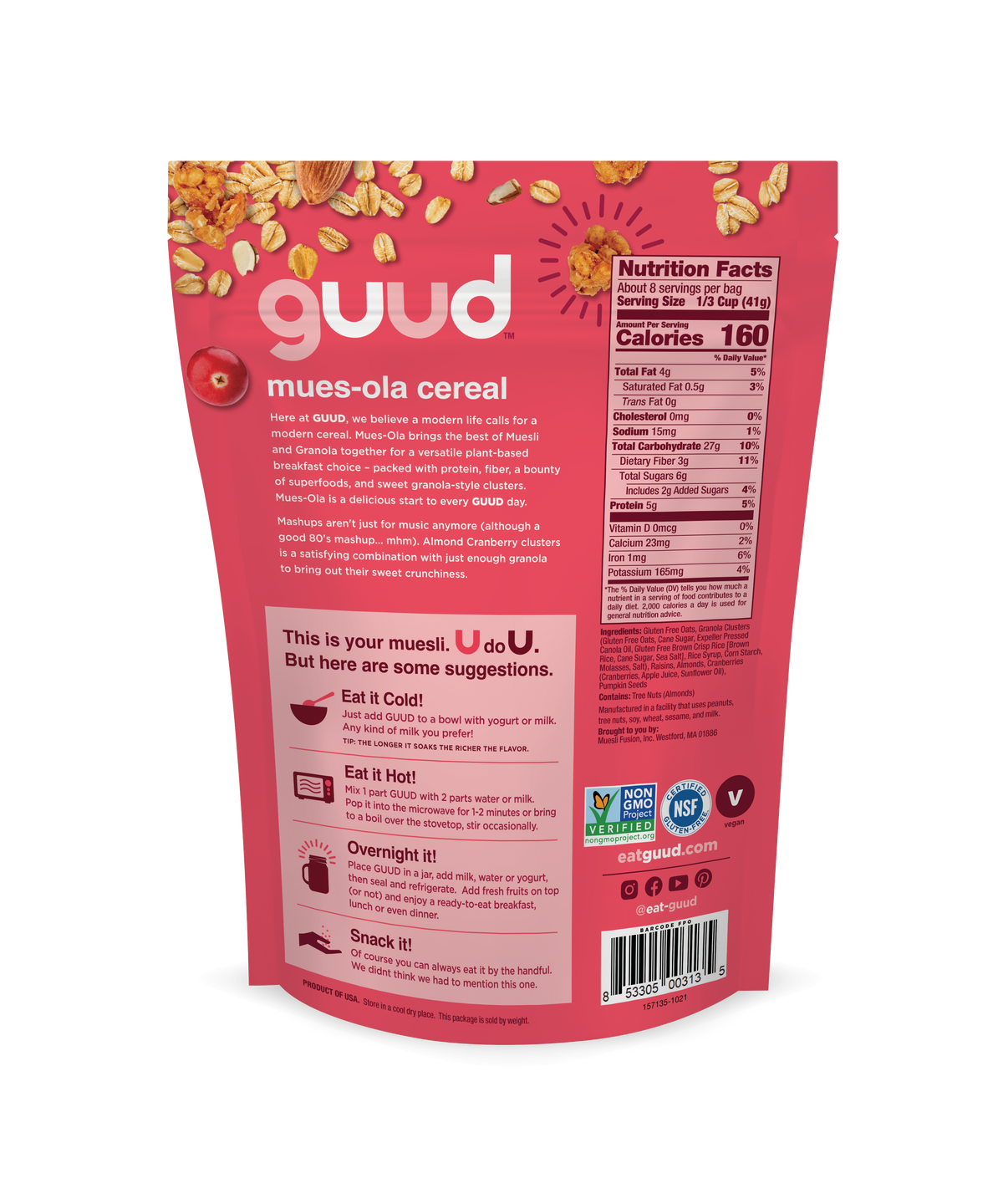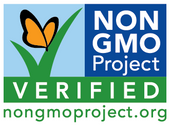Have you ever experienced an upset stomach or other digestive issues when you've been nervous, excited, or sad? Then you've seen firsthand how your brain and gut communicate constantly.
The fact that your mindset can affect your digestion, and vice versa, highlights the intricate relationship between the brain and the gut. The interaction between these two systems is crucial for maintaining overall health and well-being, for example, because they help control your appetite, release neurotransmitters, immune function, moods, and more.
In this article, we'll explore how the gut-brain connection (also called the gut-brain axis) works, why it's so important for physical and mental health, and how to eat in order to take care of it.
What Is the Gut-Brain Connection? Role + Importance
The brain-gut connection refers to the bidirectional communication between the brain (a part of the central nervous system) and the gut (a part of the digestive system). The two are so related that scientists sometimes refer to the gut as "the little brain" or "second brain." Technically, the gut-brain axis is a part of the enteric nervous system (ENS), which is two thin layers of more than 100 million nerve cells that line your gastrointestinal tract from your esophagus to your rectum.

This connection involves complex interactions between the brain, gastrointestinal tract, and gut microbiota, which are the trillions of microorganisms residing in the gut.
Here's more about how the gut-brain connection works:
- Nerves send signals between the two: The brain and gut are connected through various pathways, including the autonomic nervous system (ANS), the enteric nervous system (ENS), and the vagus nerve. These pathways allow for transmitting signals and information between the two systems.
- Both regulate the release of neurotransmitters: The brain and gut also interact using neurotransmitters, or chemical messengers that transmit signals between nerve cells. Serotonin, for example, is a neurotransmitter found in both the brain and the gut, and it plays a crucial role in regulating mood, appetite, and gastrointestinal functions.
- Microbes in the gut also play a role: The gut is home to a diverse community of microorganisms, collectively known as the gut microbiota. The microbiota can influence the brain-gut connection by producing neurotransmitters, vitamins, and other bioactive compounds that can affect the function and communication of the nervous system.
How does the gut-brain connection impact how you feel and how your body operates?
Psychological factors, including stress and depression—can influence gut function and digestion, while the opposite is also true: poor gut health can contribute to mental health issues. In the words of Harvard Health Publishing, "The gastrointestinal tract is sensitive to emotion. Anger, anxiety, sadness, elation — all of these feelings (and others) can trigger symptoms in the gut…It is difficult to try to heal a distressed gut without considering the role of stress and emotion."
For instance, stress can affect gut motility, leading to symptoms like diarrhea or constipation (or what might be called a "nervous stomach"). On the other hand, gastrointestinal disorders like inflammatory bowel disease (IBD) or irritable bowel syndrome (IBS) may contribute to the development of mental health issues, including fatigue or anxiety.
Best Foods for Your Gut and Brain
Understanding the brain-gut connection has led to the development of new therapeutic approaches for improving over health. Some examples include the use of probiotic supplements and anti-inflammatory diets to help promote gut health, which in turn helps promote psychological well-being.
The gut-brain connection can be influenced by various factors, including the foods we consume.
While research in this area is ongoing, plus each person reacts to various foods differently, certain foods are believed to support a healthy gut-brain connection, especially those rich in fiber, antioxidants, and probiotics. Here are some examples:
Fiber-Rich and Prebiotic Foods: Consuming a diet that's high in fiber, such as from whole grains and vegetables, promotes healthy gut microbiota, which in turn positively affects the brain. Many fibrous foods also provide prebiotics, which are non-digestible fibers that act as food for beneficial gut bacteria. Foods like onions, garlic, leeks, asparagus, bananas, and whole grains contain prebiotic fibers. Mix up the types of fiber you eat by including a variety of whole foods in your diet, such as different fruits, vegetables, whole grains, legumes, seeds, and nuts.

Probiotic-Rich Foods: Probiotics are beneficial bacteria that can help maintain a healthy gut environment. Adding foods like yogurt, kefir, sauerkraut, kimchi, and other fermented foods to your diet can introduce probiotics to your gut.
Omega-3 Fatty Acids: Omega-3 fatty acids have anti-inflammatory properties and are important for brain health. Fatty fish like salmon, mackerel, and sardines are rich sources of omega-3s, while plant-based sources include flaxseeds, chia seeds, and walnuts. Other healthy fats to seek out, which can help with nutrient absorption and the production of neurotransmitters, include avocado, olive oil, nuts, and seeds.
Antioxidant-Rich Foods: Antioxidants help protect the body against oxidative stress, which can have a negative impact on the gut-brain axis. Foods such as berries, leafy greens, citrus fruits, cruciferous veggies, dark chocolate, nuts, and seeds are abundant in antioxidants.
Quality Proteins: Protein foods contain amino acids which are the building blocks for neurotransmitters. Collagen protein, found in bone broth or supplements, can also help aid in a healthy gut barrier. Protein options to include in your diet include fish, free-range eggs, collagen powder, unsweetened yogurt, legumes, and seeds.
Avoid Eating These Foods for a Healthy Gut-Brain Connection
While there isn't a one-size-fits-all approach to eating a healthy diet, some foods are known to have a negative impact on the gut-brain connection in most individuals.
Here are some examples of foods that are commonly recommended to be avoided or consumed in moderation for a healthy gut and brain:
Highly Processed Foods: Processed foods often contain additives, preservatives, and artificial ingredients that may disrupt the balance of the gut microbiota and contribute to inflammation. Examples include packaged snacks, sugary cereals, fast food, and processed meats.
Added Sugars: High sugar consumption can negatively affect gut health and promote the growth of harmful bacteria. Sugary foods and beverages also disrupt healthy blood sugar levels, contributing to lethargy and cravings. Reducing the intake of sugary foods and beverages like sodas, candies, pastries, and sweetened desserts can support a healthy body weight, mood, and energy levels.
Artificial Sweeteners: While artificial sweeteners are low in calories, they may be capable of altering the composition and function of the gut microbiota. Examples include aspartame, sucralose, and saccharin, which are found in diet sodas, sugar-free products, and some low-calorie snacks.
High-Saturated Fat Foods: Diets high in saturated fats have been associated with an increased risk of chronic diseases and can negatively impact gut health. Limiting the intake of fatty meats, full-fat dairy products, fried foods, and processed snacks can be beneficial.
Gluten/Wheat and Dairy (for some individuals): For individuals with gluten sensitivity, celiac disease or lactose intolerance, consuming dairy and gluten-containing foods can cause gut inflammation and affect the gut-brain connection. Some people may need to avoid all dairy or gluten-containing grains, such as wheat, barley, and rye. An elimination diet can be helpful when a food allergy is suspected.
Excessive Alcohol: Alcohol can disrupt the balance of gut bacteria, leading to gut inflammation and impaired gut barrier function. Heavy and chronic alcohol consumption can also negatively affect the brain and contribute to insomnia, fatigue, depression, and other issues.
Artificial Additives and Food Additives: Some people may be sensitive to artificial additives, including artificial colors, flavors, and preservatives, which can affect gut health and overall well-being. Reading food labels can help minimize the consumption of foods containing artificial additives.
Putting It All Together: Healthy Meals for Your Gut-Brain Axis
In conclusion, the best way to take good care of your gut and brain is to incorporate a variety of whole foods, including fruits, vegetables, whole grains, lean proteins, and healthy fats, in your daily diet. Aim to mix up the types of foods you eat in order to provide a wide range of nutrients and promote a diverse gut microbiota. Hydration is also essential for gut health, so be sure to drink plenty of water throughout the day.
Here are some meal ideas to get you started:
Breakfast:
- Overnight muesli chia seed pudding made with GUUD Brain Fuel Muesli, unsweetened almond or coconut milk, chia seeds, and topped with berries and a sprinkle of chopped nuts.
- Whole grain GUUD Gut Fuel Muesli topped with sliced bananas, a spoonful of almond butter, and a drizzle of honey.
- Multigrain Muesli Pancakes.

Lunch:
- Grilled chicken or tofu salad with a variety of mixed greens, cucumber, cherry tomatoes, and sliced avocado. Dress it with olive oil and lemon juice.
- Quinoa bowl with roasted vegetables (such as sweet potatoes, bell peppers, and zucchini), chickpeas, and a lemon-tahini dressing.
Dinner:
- Baked salmon with steamed broccoli and quinoa.
- Stir-fried tempeh or tofu with a mix of colorful vegetables (such as bell peppers, carrots, snap peas) in a ginger-garlic sauce, served over brown rice.
Snacks:
- Individual Baked Muesli Cups.
- Greek yogurt with a handful of GUUD Muesli and berries on top.
- Raw vegetables (carrot sticks, celery, bell pepper slices) with hummus or tzatziki dip.
- Green smoothie with muesli, spinach, 1/2 banana, almond milk, and a tablespoon of ground flaxseed.

